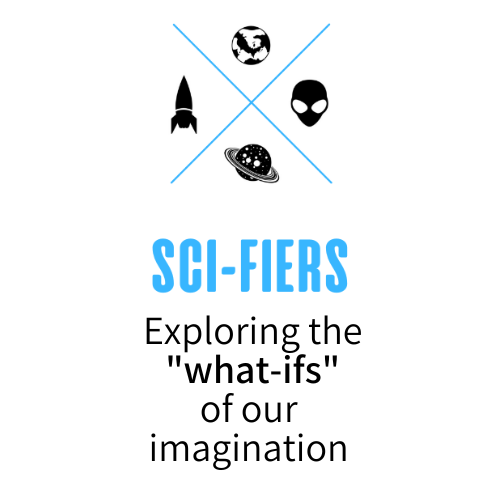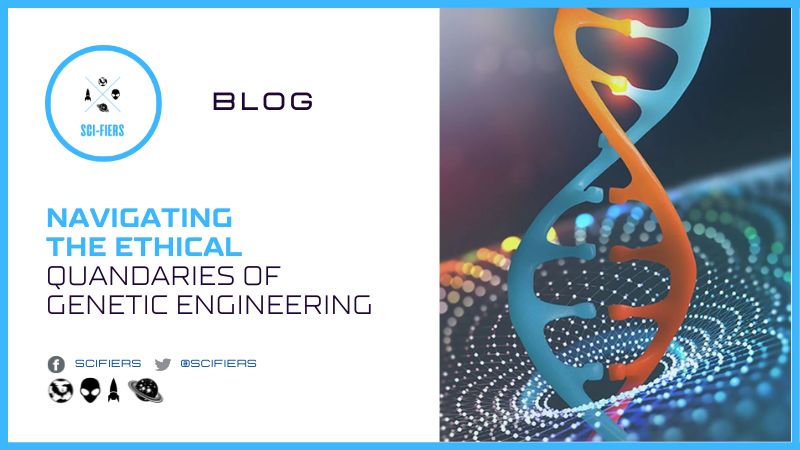When it comes to scientific possibilities, genetic engineering stands at the forefront. It offers the potential to restructure life. However, as we learn about this uncharted territory, ethical questions arise. They challenge our moral compass and compel us to ponder the consequences of playing with the fabric of life.
Genetic engineering is the manipulation of an organism’s DNA. It opens the door to a plethora of possibilities that could revolutionize medicine, agriculture, and even the evolution of humans. A highly debated ethical question in genetic engineering is the concept of designer babies. The ability to select and modify specific genes to enhance physical or cognitive traits raises concerns about creating a society that is divided between the genetically privileged and those conceived and born naturally. Aldous Huxley’s dystopian novel “Brave New World” presents a cautionary tale that portrays a world where genetic engineering has removed natural birth and given rise to a society governed and divided by genetic manipulation. While the concept of designer babies remains largely speculative, the potential to edit and play with genes for specific traits is already within our reach.
Authors have touched upon the concept of genetic engineering in their science fiction novels. Margaret Atwood’s 2003 novel, “Oryx and Crake” – which is the first book in the MaddAddam Trilogy, looks into a future world where genetic engineering has led to the creation of new species. Similarly, in the 2009 novel, “The Windup Girl” by Paolo Bacigalupi, the story is set in a future Thailand with the narrative exploring biotechnology and genetic engineering. It depicts a world where genetically modified organisms are used as a source of energy. “The Left Hand of Darkness” by Ursula K. Le Guin (1969): While not solely focused on genetic engineering, this novel incorporates themes of gender and biology in a world where the inhabitants can change their gender at will. The humans must create an alliance with an alien for survival in the 1987 novel, Dawn by Octavia E. Butler. Genesis by Bernard Beckett (2006), is a novel set in a future world where artificial intelligence and genetic engineering intersect, leading to profound philosophical questions about the nature of consciousness and humanity.
In the ever-evolving landscape of genetic engineering, ethical considerations are not mere philosophical thoughts but pressing issues that demand our attention. As science fiction has often served as a mirror to reflect our fears and aspirations, it offers valuable insights into the ethical quandaries we face today.
The key lies in fostering a dialogue that involves scientists, ethicists, policymakers, and the broader public. Striking a balance between the incredible potential of genetic engineering and the ethical questions that come with it is a collective responsibility. As we delve deeper into the genetic unknown, let us navigate these ethical waters with caution, ensuring that progress aligns with our moral compass, and the promises of genetic engineering do not come at the expense of our humanity.
Scifiers explores science fiction narratives that enliven our imagination and compel us to think about the “what-ifs” of creative world-building. It is on a mission to discuss ideas about sci-fi in its various forms that keep the genre in a state of continuous expansion.
facebook.com/scifiers | Instagram: @scifiers
Image Source: Kardashev Scale Wiki

